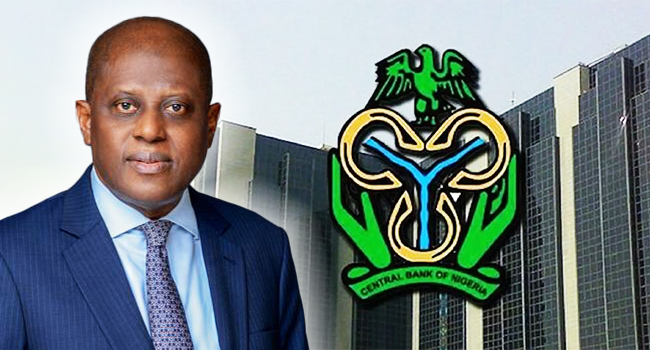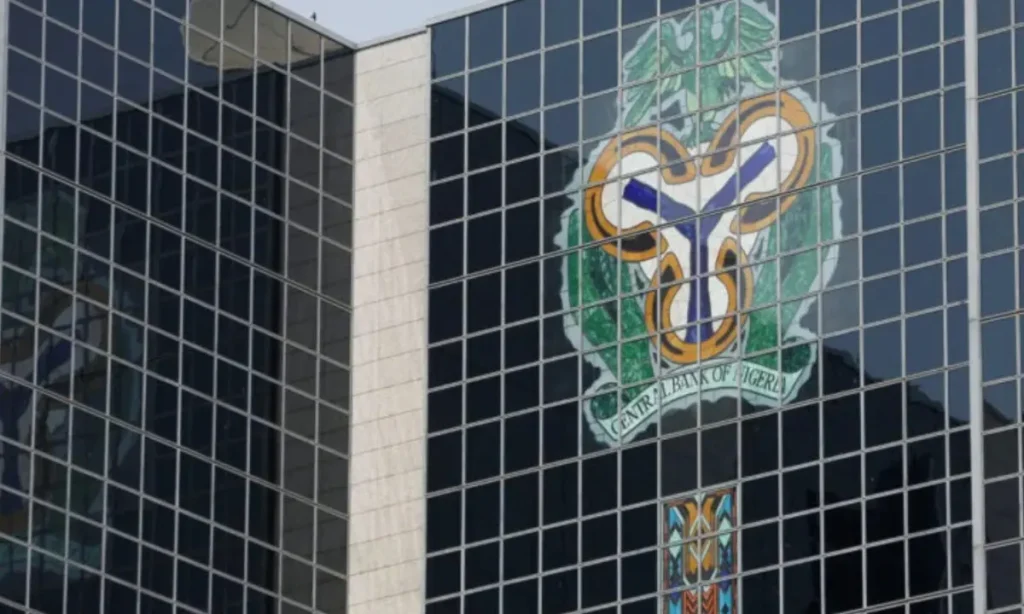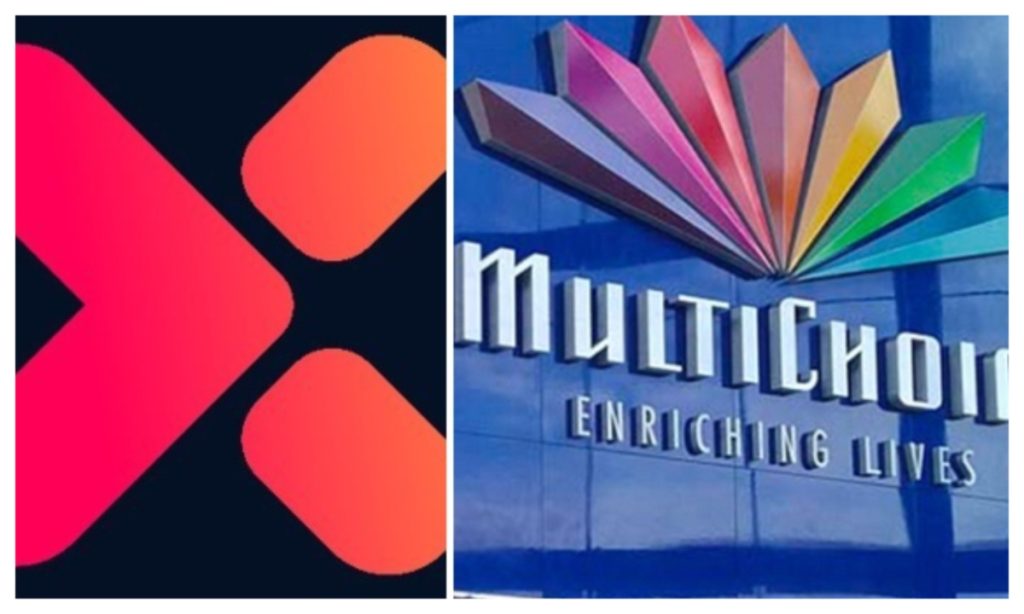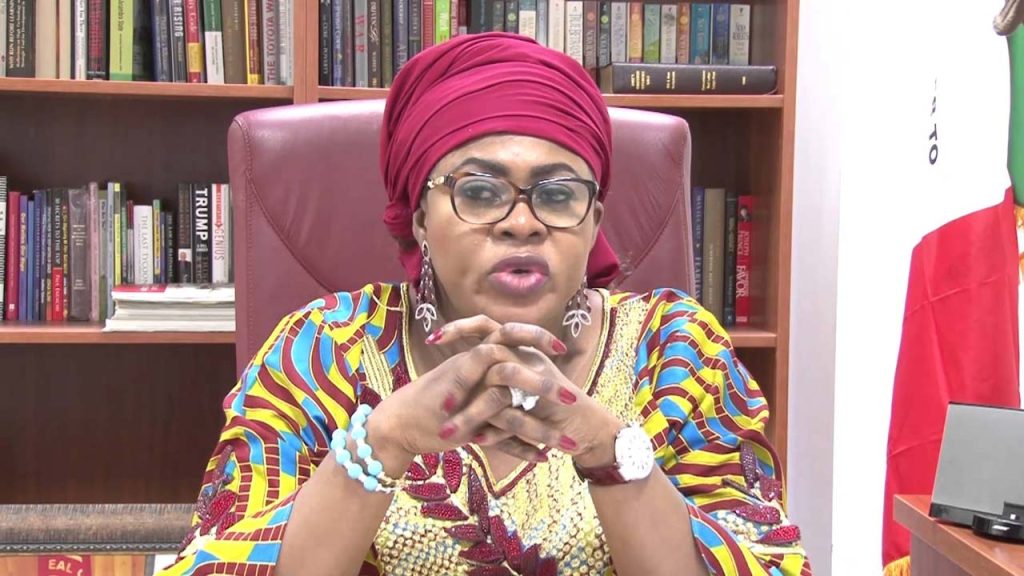The Major Energies Marketers Association of Nigeria has shed light on why its members have ceased importing Premium Motor Spirit, commonly known as petrol. According to Clement Isong, the Executive Secretary of MEMAN, the fluctuating foreign exchange rates and the elusive landing cost of fuel are the primary reasons behind this decision.
Speaking at a webinar for media professionals, Isong highlighted the challenges in determining the exact landing cost of petrol, which in turn makes it challenging to set a suitable price for the product. He pointed out that government policies allowing continuous charges in dollars by the Nigeria Ports Authority (NPA) and the Nigerian Maritime Administration and Safety Agency (NIMASA) have a direct impact on the market and consumers.
Despite receiving products from the Nigerian National Petroleum Company, NNPC Limited, marketers are faced with the task of transacting retail products in dollars, leading to an increase in pump prices. In a notable development, Emadeb Energy Services Limited imported 27 million litres of petrol into the country for the first time post-subsidy removal in July 2023.
Following the removal of subsidies, fuel prices skyrocketed to N600 to 670 per litre last year. Despite the significant rise in the exchange rate from N750 per USD in June to N1,602.17 on Thursday, the pump price of fuel has remained relatively stable, indicating a new petrol subsidy regime.
The International Monetary Fund has warned that the country’s currency fuel and electricity subsidies could amount to $7 trillion in 2024. This revelation underscores the complex interplay between market forces, government policies, and global economic trends in shaping the fuel industry in Nigeria.
As the debate over fuel subsidies continues to unfold, the challenges faced by marketers and consumers alike underscore the need for a comprehensive and sustainable solution to ensure the stability and affordability of petrol in the country.



